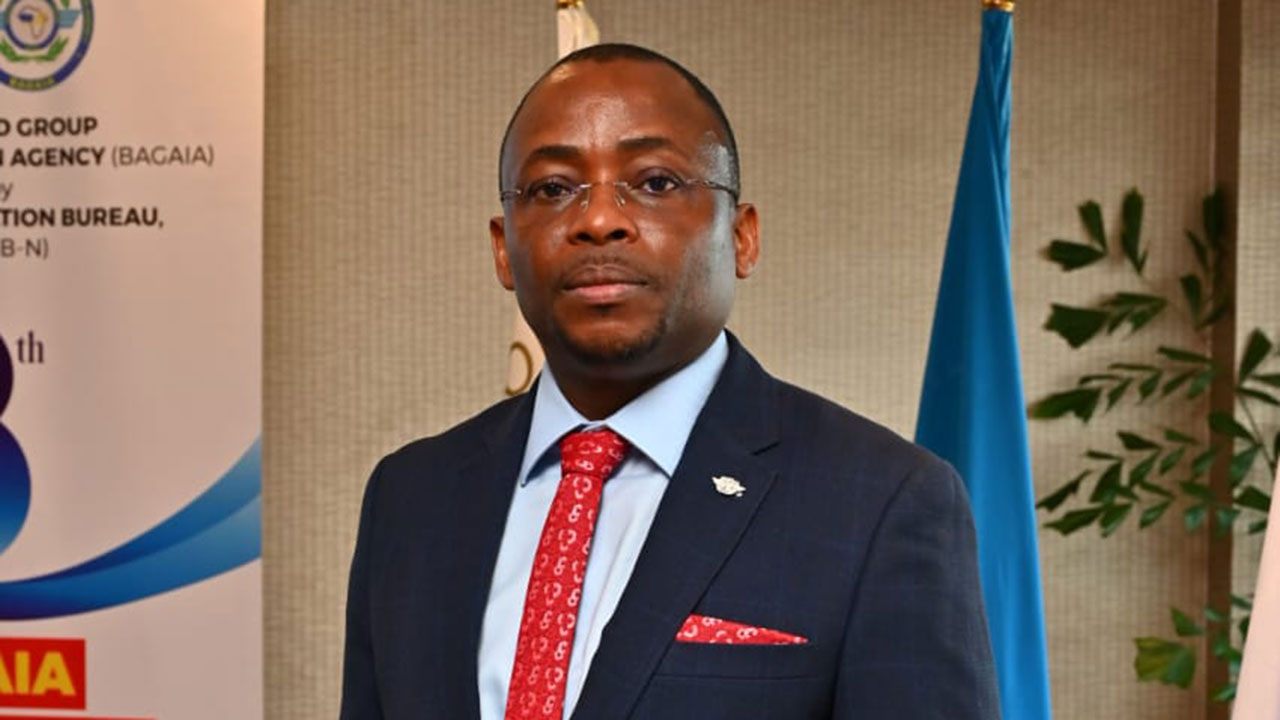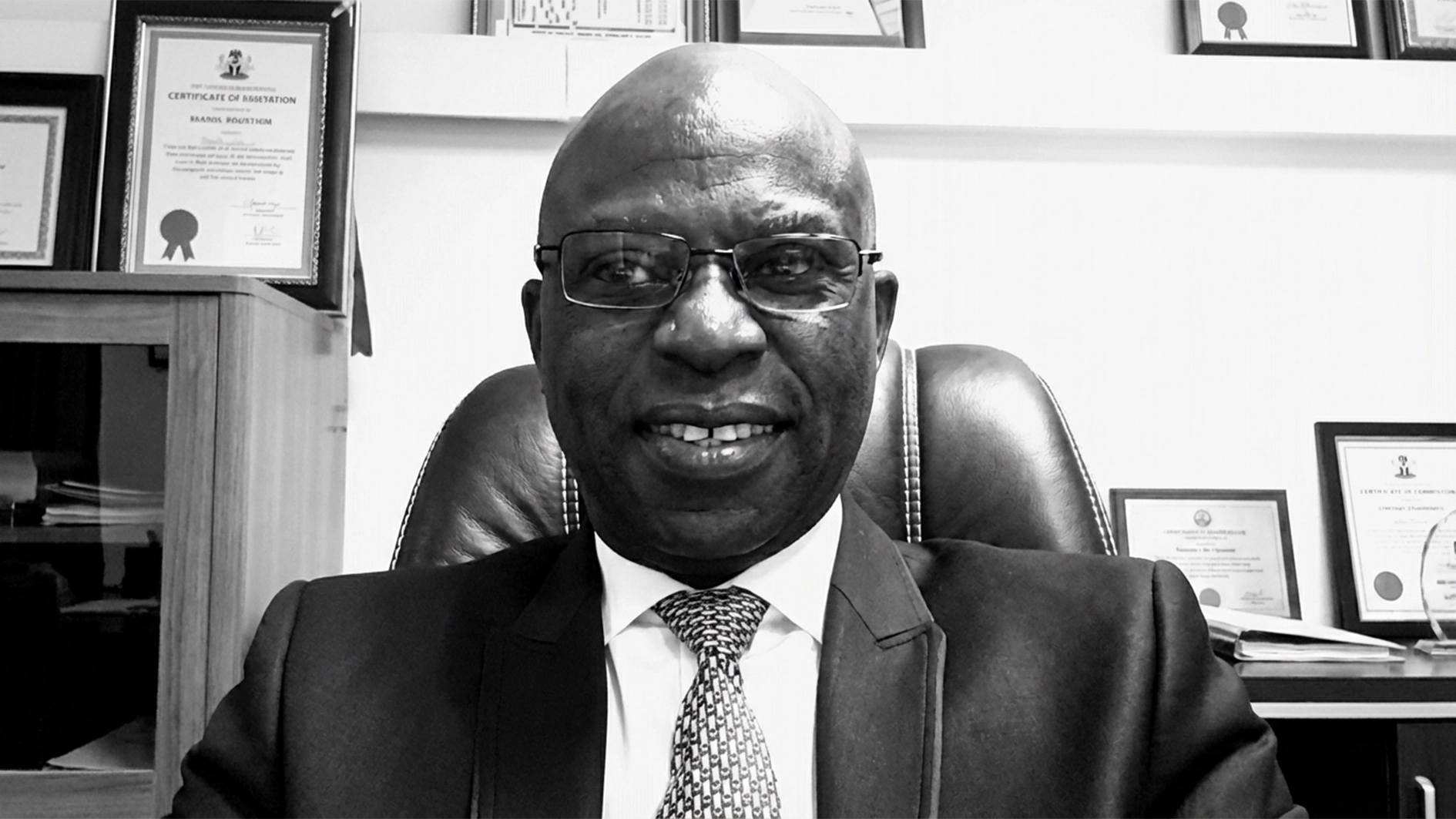
The BAGAIA Commissioner, Charles Erhueh, at the closing ceremony of a peer review exercise recently in Abuja, said BAGAIA in cooperation with the European Union Africa Safety in Aviation (EU-ASA) project supporting the Nigeria Safety Investigation Bureau (NSIB) was aimed at assisting the Safety Investigation Agencies of the BAG Region.
He maintained that the aim of the peer review exercise was to help member-States to meet their safety regulations and the International Civil Aviation Organization (ICAO)Annex 13 requirements.
Erhueh said: “We are all here gathered with the intent to look inwards as individual accident investigators and share our thoughts, strengths, weaknesses, what we could have done, and how we can improve civil aviation in our states and the region.”
While mentioning that one of their landmark collective achievements in the last few years was zero accident/ hull losses in our individual airspaces, he said by doing so they had collectively improved their safety records and removed their airlines from various blacklists worldwide.
“This means our individual and collective safety recommendations are being heeded and they are helping to create a safer Airspace.”
Erhueh further noted that with the assistance of BAGAIA to the region recently, Sierra Leone boosted their effective Implementation in Accident Investigations Section (AIG) from zero per cent to about 39.76 per cent, while the total is from 16 per cent to about 74.22 per cent in the just concluded ICAO Universal Safety Oversight Audit Program (USOAP), as this is a huge feat to the BAG Region.
He, however, warned that the feat does not give them the temerity to rest on their oars. Rather, they must be more committed to research and provide more safety recommendations to aid the industry.
“We should also look at how we can infuse technology to make our primary responsibility seamless and ensure we have well-trained investigators, who will midwife a new set of investigators into the field to create capacity that would replace our fast-aging breed of professionals.”
The NSIB Commissioner, Akin Olateru Olateru, explained that the peer review was to benchmark systems, processes, and procedures to help see how they do things and how they could improve on the way they do things and to also improve and benchmark systems, processes, and procedures with the EU standards.
He also noted that the aim of the exercise was to train investigators on how to carry out peer review so that they could help other nations and at the end of the day, “this is to enhance safety, not just in Nigeria, but the entire African region.”






